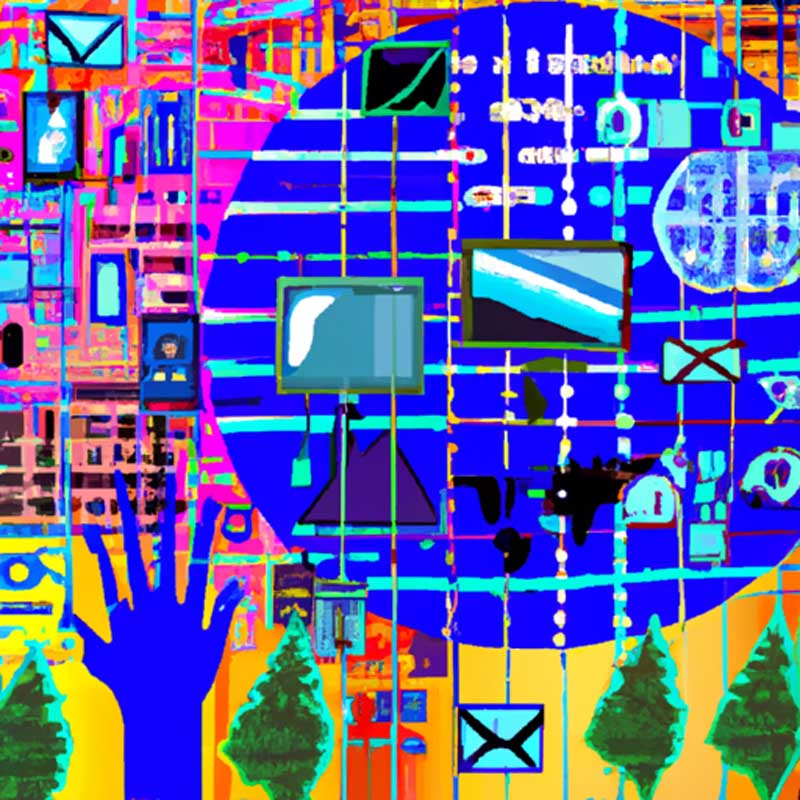In this detailed account, Fikret Özlevent provides an in-depth analysis and commentary on the rise of automation, focusing on its impact on employment, income equality, and the global economy. He highlights the increasing reliance on automation in various sectors, leading to a scenario where robots perform a growing fraction of human tasks. Emphasizing the positive effects on national income, Özlevent underscores the negative outcomes, including rising inequality and fewer jobs.
- From 1947 to 1987, employment increased significantly with technology, but from 1987 to 2017, the rise in automation reduced total employment by 10%.
- Companies like Google, Microsoft, and Amazon are increasingly integrating artificial intelligence into automation, further decreasing employment opportunities in the technology sector.
- Fast-food companies can use automation effectively by replacing repetitive manual tasks with robots. A prime example is robot-automated burger-making, which is predicted to be 99.9% accurate.
- Many companies, including McDonald’s, are strongly investing in automation because of its cost-effectiveness. Robots do not require salaries and benefits; they work non-stop and only do what is programmed into them.
- The U.S. lessens machinery taxes (5%) compared to labor taxes (25%), promoting a shift towards automation.
- The impacts of this major shift towards automation can be unpredictable. It can potentially increase inequality, poverty, and death rates unless enough new job fields are created to offset the job losses.
- The professions that will be relevant in 2050 are unknown…
Despite these challenges, the shift towards automation still progresses rapidly as it plays an integral part in future technological revolutions such as artificial intelligence, the metaverse, blockchain, and smart city ecosystems. Özlevent believes that as these changes accelerate, they also demand an equally fast pace of adaptation, learning, and new job field creation to keep up with automation’s transformative effects. If such adjustments are not well-managed, societies could end up in a dystopian future.
